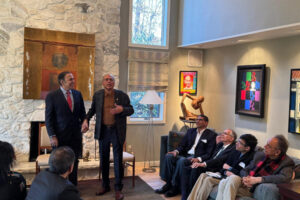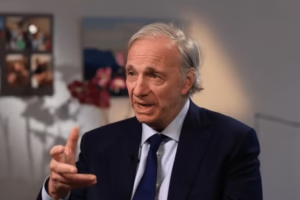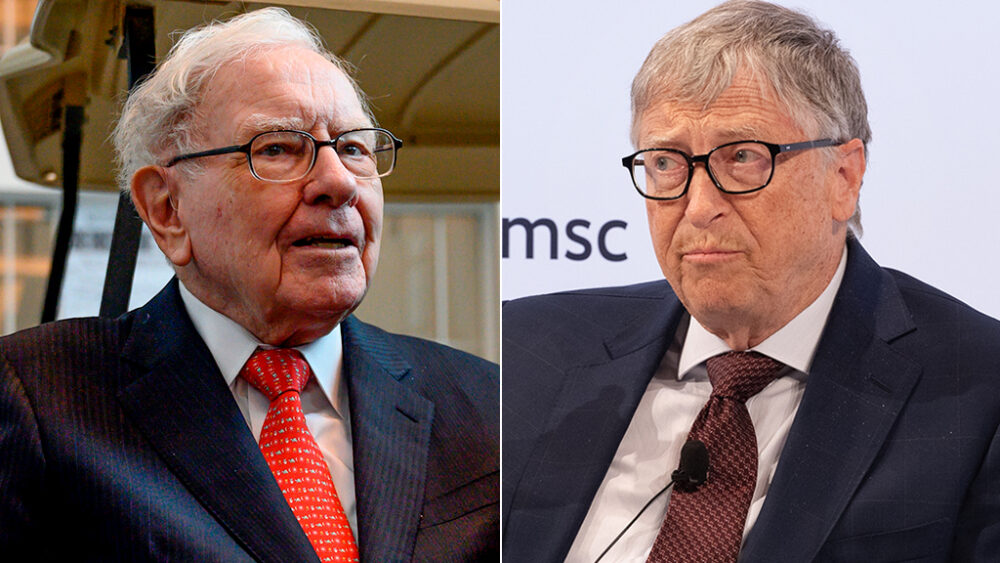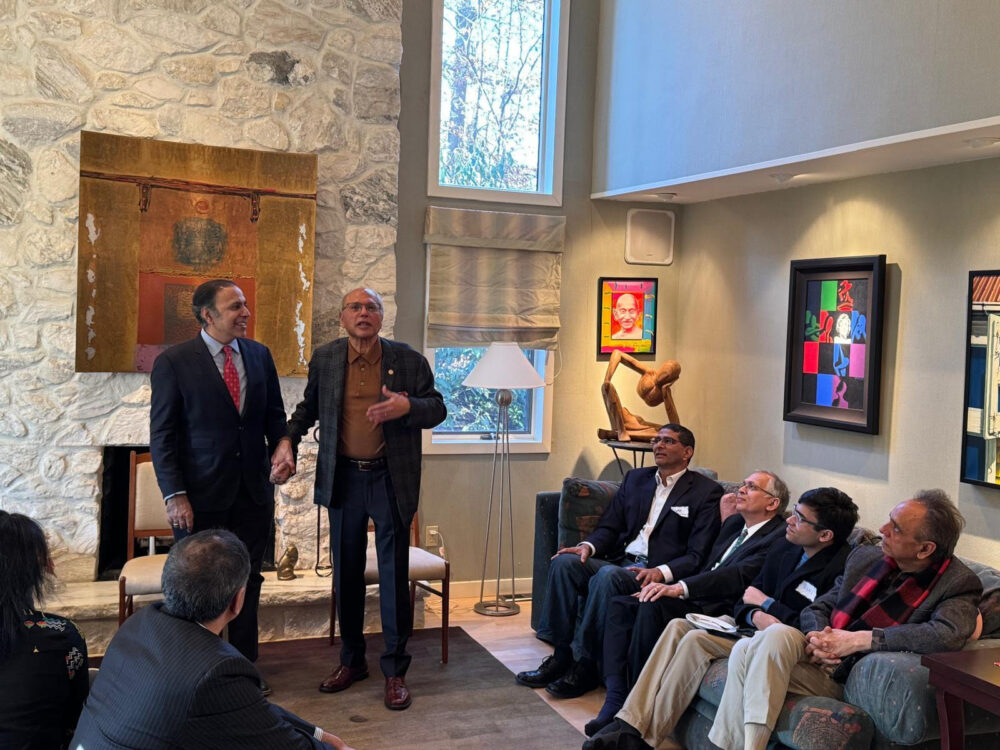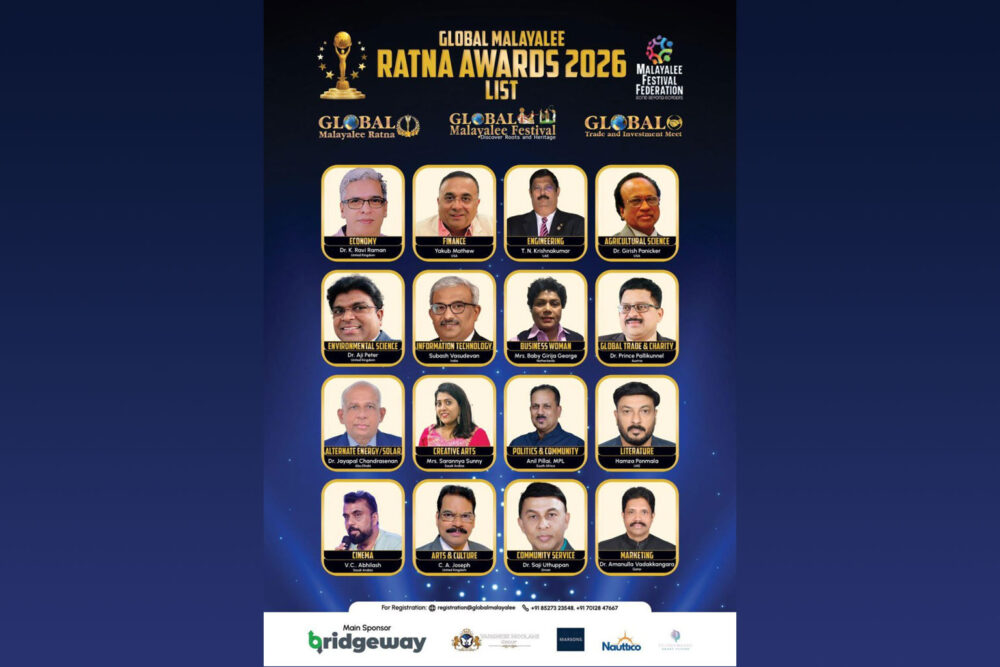Bill Gates and Warren Buffett transformed philanthropy by pledging unprecedented wealth to charitable causes, initiating a modern Gilded Age of giving. However, this era is evolving as tax reforms threaten the viability of large liberal foundations, and new philanthropic approaches are emerging, especially led by influential women mega-donors like MacKenzie Scott.
Earlier this year, Gates announced expediting the spend-down of his foundation’s assets, pledging to distribute $200 billion by 2045 and sunset the Bill & Melinda Gates Foundation. Buffett’s retirement as Berkshire Hathaway CEO signals further shifts, as his Giving Pledge, championed alongside Gates, has inspired over 250 billionaires to commit a combined $600 billion to charity globally.
Despite the pledge’s broad adoption, experts note that the pace of wealth accumulation among billionaires outstrips their charitable giving. New tax laws imposing a 10% tax on foundations holding over $5 billion in assets target major liberal philanthropic organizations, potentially forcing changes in giving strategies. This could cut into traditional foundation models relied upon by Gates, Buffett, George Soros, and others, while smaller conservative foundations face lower rates.
Amid this turbulence, MacKenzie Scott exemplifies a new philanthropy trend focused on direct, unrestricted giving—“stealth giving”—in which nonprofits receive funds without burdensome reporting requirements. Her trust-based approach contrasts with Gates’s historically structured methodology and signals a shift toward more flexible, impact-driven generosity.
Women are rising as influential mega-donors, empowered by vast inherited and self-made wealth. With over 200 new billionaires created in 2024 alone, many female philanthropists are reshaping the sector. French Gates, Zuckerberg and Chan, and historic figures like Madam C.J. Walker reflect this growing prominence.
Future philanthropy is likely to diversify beyond traditional foundations toward alternative vehicles such as philanthropic LLCs, championed by Melinda French Gates, and more personalized, agile giving models. This evolution involves greater transparency, accountability, and a focus on empowering recipients.
While the Gates-Buffett era of philanthropic leadership may be passing, the legacy of their vision and scale endures, paving the way for a broader, more dynamic philanthropic landscape with fresh leaders and innovative approaches driving social impact.

